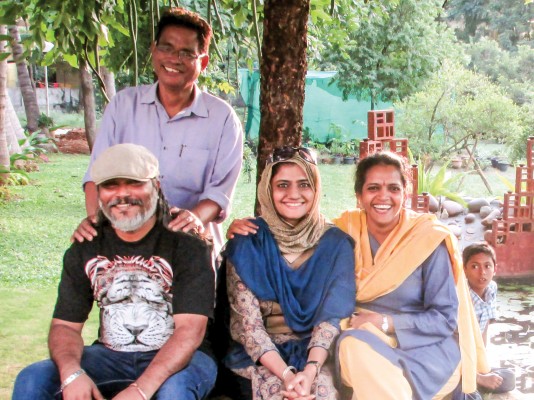
When Ramesh Prakashvelu, the Henry Martyn Institute’s associate director of praxis, was asked what he learned from Ron Kraybill, a former CJP professor who spent 1999-2000 on sabbatical at HMI, Ramesh quickly recited this list of 14 takeaways. In Ramesh’s words, but in no particular order:
- Early on, Ron taught us, “If the only tool you have is a hammer, everything will look like a nail.”
- How to organize a participatory and empowering workshop, centering around attentive listening and allowing space for different perspectives and
- The importance of a posted “activity sheet,” so people can see what they can expect to learn and how long it will They can see their questions added as we go along and they can see notes on what we’ve done.
- Always cover the importance of confidentiality in the workshops – that is, what occurs should not go outside these
- We all have our biases – none of us is objective – so we need to beware of our own We need to put them out on the table or leave them out of the room, in order to do our best to reflect the views of the people in the room.
- If there is an “elephant” in the room, acknowledge it; if there are important things that are unspoken, speaking about these things will
- “Energizers” (lively exercises as breaks in the workshop) are
- When you do brainstorming, don’t judge the ideas people Let them be registered for consideration.
- How to write effective role plays that elicit empathy and let people put themselves in others’ Now we are able to create role plays on the spot – it was drilled into us.
- The importance of working together as a team and not being “experts” who come and go in the We facilitators are all present from beginning to the end, regardless of who is the lead facilitator at a particular time. And we always sit together and debrief at the end of each day.
- Being willing to change, to adapt what we planned, based on the needs of the participants and the flow of the work Always maintaining awareness and making adjustments, as needed.
- Having respect for the people in the Choosing to walk with them – rather than exercising power over them – and acknowledging that we are all learners, we’re all doing the best we can.
- Lose your Ron taught us, “Either you can work for solutions, or you can work for credit.”
Most importantly, trust your own resources – don’t parrot what other facilitators do. I, as a Tamil, was told, “Your culture, language and religion can contribute as much to peacebuilding as they do to conflict,” so I started digging for Tamil peacebulding practices and I found them.